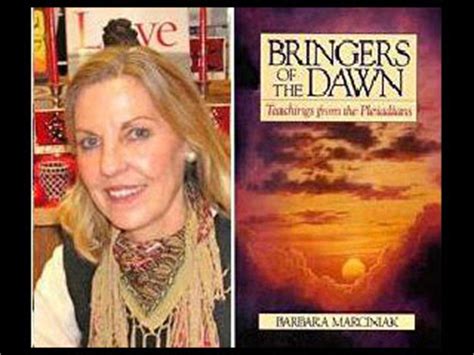A Quote by William Morris
Love is enough: though the world be a-waning, And the woods have no voice but the voice of complaining.
Related Quotes
Love is Enough Love is enough: though the world be a-waning, And the woods have no voice but the voice of complaining, Though the skies be too dark for dim eyes to discover The gold-cups and daisies fair blooming thereunder, Though the hills be held shadows, and the sea a dark wonder, And this day draw a veil over all deeds passed over, Yet their hands shall not tremble, their feet shall not falter: The void shall not weary, the fear shall not alter These lips and these eyes of the loved and the lover.
There are no words and there is no singing, but the music has a voice. It is an old voice and a deep voice, like the stump of a sweet cigar or a shoe with a hole. It is a voice that has lived and lives, with sorrow and shame, ecstasy and bliss, joy and pain, redemption and damnation. It is a voice with love and without love. I like the voice, and though I can't talk to it, I like the way it talks to me. It says it is all the same, Young Man. Take it and let it be.
So much of what I love about poetry lies in the vast possibilities of voice, the spectacular range of idiosyncratic flavors that can be embedded in a particular human voice reporting from the field. One beautiful axis of voice is the one that runs between vulnerability and detachment, between 'It hurts to be alive' and 'I can see a million miles from here.' A good poetic voice can do both at once.






































